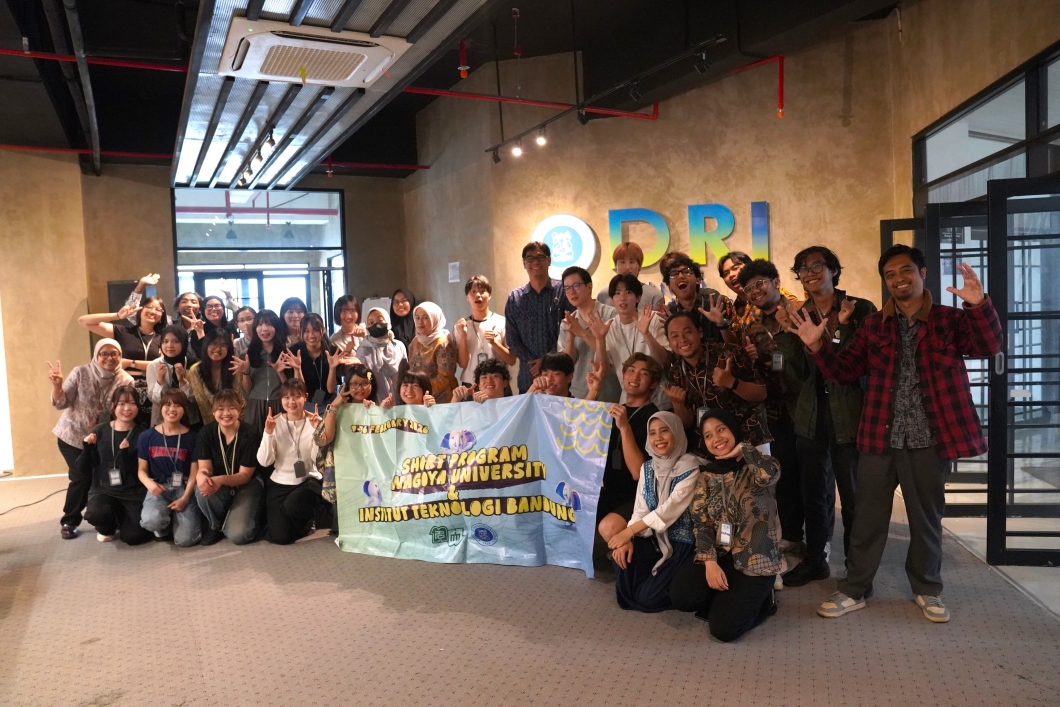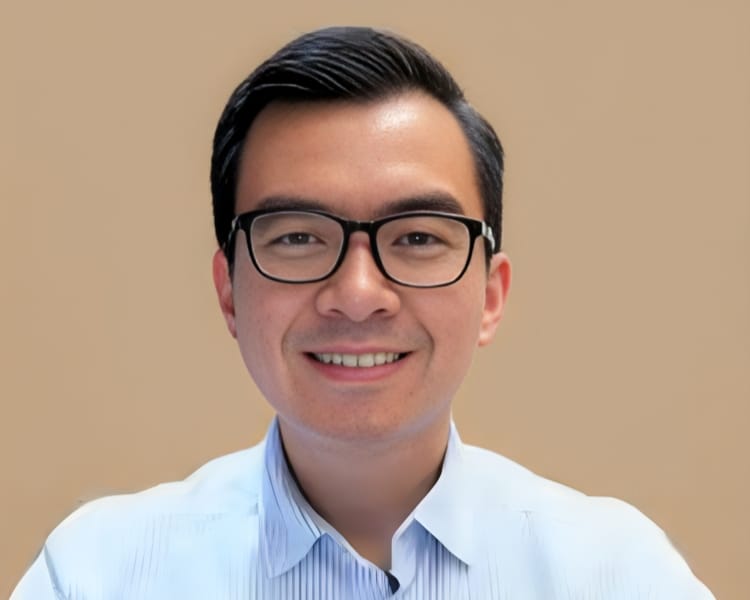Studium Generale: Radicalism in Universities – A Challenge for Campuses
By Anggun Nindita
Editor Anggun Nindita

BANDUNG, itb.ac.id - Institut Teknologi Bandung (ITB) once again held the General Lecture KU-4078 Studium Generale, located in the ITB Ganesha Campus’ West Hall on Wednesday (11/10/2023). The general lecture featured Mun’im Sirry, an Associate Professor from the Department of Theology at the University of Notre Dame, as the speaker, presenting the topic ‘Radicalism in Universities – A Challenge for Campuses.’
In this general lecture, Mun’im Sirry outlined six important points regarding radicalism in universities. This included viewing radicalism in universities as an enigmatic problem, understanding why radicalism could influence young people, exploring frameworks explaining radicalism and intolerance, examining how students descend into radicalism, addressing radicalism among intellectuals, and pondering whether youths could be deradicalized.
Mun’im Sirry began by asserting that the problem of radicalism in universities is a new puzzle to solve. He emphasized the need to investigate how universities, as bastions of rational thinking, could be involved in radicalism, whether from a religious or political context.
One of the main points in his presentation revolved around the phenomena of radicalism among university students and how they are exposed to radical thinking. He also elucidated that in Indonesia, there is evident data showing a high level of radical support or views among students. He pointed out survey and research findings that produced significant numbers on the support towards radical ideology.
He also discussed the importance of frameworks to understand the problem of radicalism. He asserted that the current issue in Indonesia is not the lack of data but the absence of an adequate theoretical framework that could explain that data. Therefore, he emphasized how critical a strong framework would be to understand radicalism in universities.
Furthermore, Mun’im Sirry explained how a student may be radicalized, including the factors influencing the radicalization process. He also discussed the possibility of deradicalization or recovery from radicalism. An intriguing question asked was whether young people are capable of being deradicalized or self-recover.
“Basically, each of us, ourselves, has the capability to do anything with our bodies, souls, and minds, (as well as) behaviors and transform it into something we wish for. So yes, we do have the capability. From this theoretical framework, we could examine how a student possesses the ability to self-deradicalize. Therefore, there is no need for external coercion, only self-awareness to leave radical groups,” explained Mun’im Sirry.
Mun’im Sirry also asserted that his presentation was based on his book, which was translated into Indonesian, titled “Education and Radicalism.” This published book covered a deep understanding of the issue of radicalism in universities.
At the end of his presentation, Mun’im Sirry highlighted that radicalism in universities is a serious problem that needs attention, whether from an Indonesian context or a global one. He expressed concern over the fact that students, who are supposed to be positive agents of change, could be involved in radicalism.
However, he also noted that not all students associated with radical groups will later involve themselves in violent activities. This is an important foundation to understand that deradicalization or self-recovery from radicalism is possible.
With the existence of this general lecture, which introduced comprehensive knowledge about radicalism in universities as well as the challenges faced in resolving the issue, hopefully, the session could provide understanding for every part of the ITB academic community regarding the steps to prevent and overcome negative radical thoughts in the higher education environment.
Reporter: Iko Sutrisko Prakasa Lay (Mathematics, 2021)
Translator: Firzana Aisya (Bioengineering, 2021)




.jpg)
.jpg)

